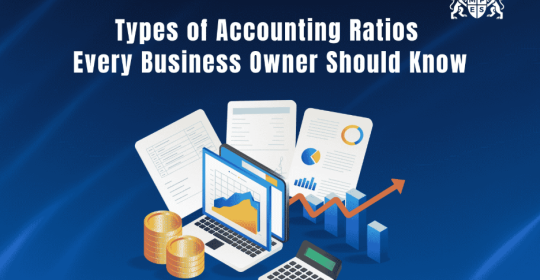Size doesn’t always matter, but it certainly does when it’s to do with your pension. Of course, the exact amount you need depends upon individual circumstances. However, common to everyone is that you will want as much in your pension pot as possible. Therefore, this article presents you with five ways of boosting your pension savings.
Another critical aspect influencing when you retire is the size of your pension pot. We’ll also look at three factors that influence when you can retire. If your financial future is important to you, it is highly recommended you engage with a financial advisor (such as Portafina) before making any decisions.
Five ways of boosting your pension savings.
1. Start saving immediately.
You will want to give your pension funds as much time as possible to grow. Therefore, you should start saving for your retirement immediately.
2. Make regular top-up payments.
Making regular top-up payments to your pension can significantly affect its size. Even regular small amounts receive tax relief and benefit from compound interest growth.
3. Stay in your workplace pension scheme.
Opting out of a workplace pension scheme can cost you tens of thousands of pounds. That’s because your employer contributes at least 3%. If you were to opt out, you would not receive this money.
4. Check your pension’s performance and suitability.
You should check your pension regularly to ensure it performs as planned and remains suitable to your needs. If it remains unchecked, your pension could be suffering from poor performance and high charges. Both of these will erode your pension funds. Regularly checking it enables you to take action should your pensions performance or suitability be off.
5. Contribute to your pension a bit longer.
Working a few additional years past your planned retirement can make a difference to your pension pot. The longer you contribute to your pension, the more time it has to benefit from compound interest growth.
When will you retire?
You may already have an approximate date for when you plan on retiring. Whether you do or not, here are three factors affecting went you will retire.
#1. The trend towards working longer.
There is a clear trend towards people having longer working lives. Indeed, the number of 60 to 64-year-olds in work has gone up significantly in the last decade. Today, the number of working women in this age group has doubled. For men, it has risen by 14.3%.
The same is true for the 65 to 69-year-old cohort, with more than 25% still employed compared to 15% a decade ago.
#2. Rising State Pension qualifying age.
Today, the State Pension qualifying age is 65 for men and women. This parity was gradually achieved from 2010, with a qualifying age for women was 60. Despite qualifying for the state pension at 65, almost half of employed women don’t intend to retire until 67.
Although the state pension is an excellent supplement to your retirement income, it’s unlikely to support you on its own. The full benefit is £179.60 per week. Would this be sufficient to provide the retirement lifestyle you want?
#3. More pension flexibility.
Pension freedoms regulations from 2015 mean you know I have more flexibility regarding your pension. With some pension plans, you can now access your funds from age 55. This access includes a tax-free lump sum, additional taxed lump sums, or leaving all or part of your pension invested to provide an income.
How you access your pension funds and when you do it are significant decisions. You should consider consulting a regulated financial advisor to ensure you’re making the right choices.






